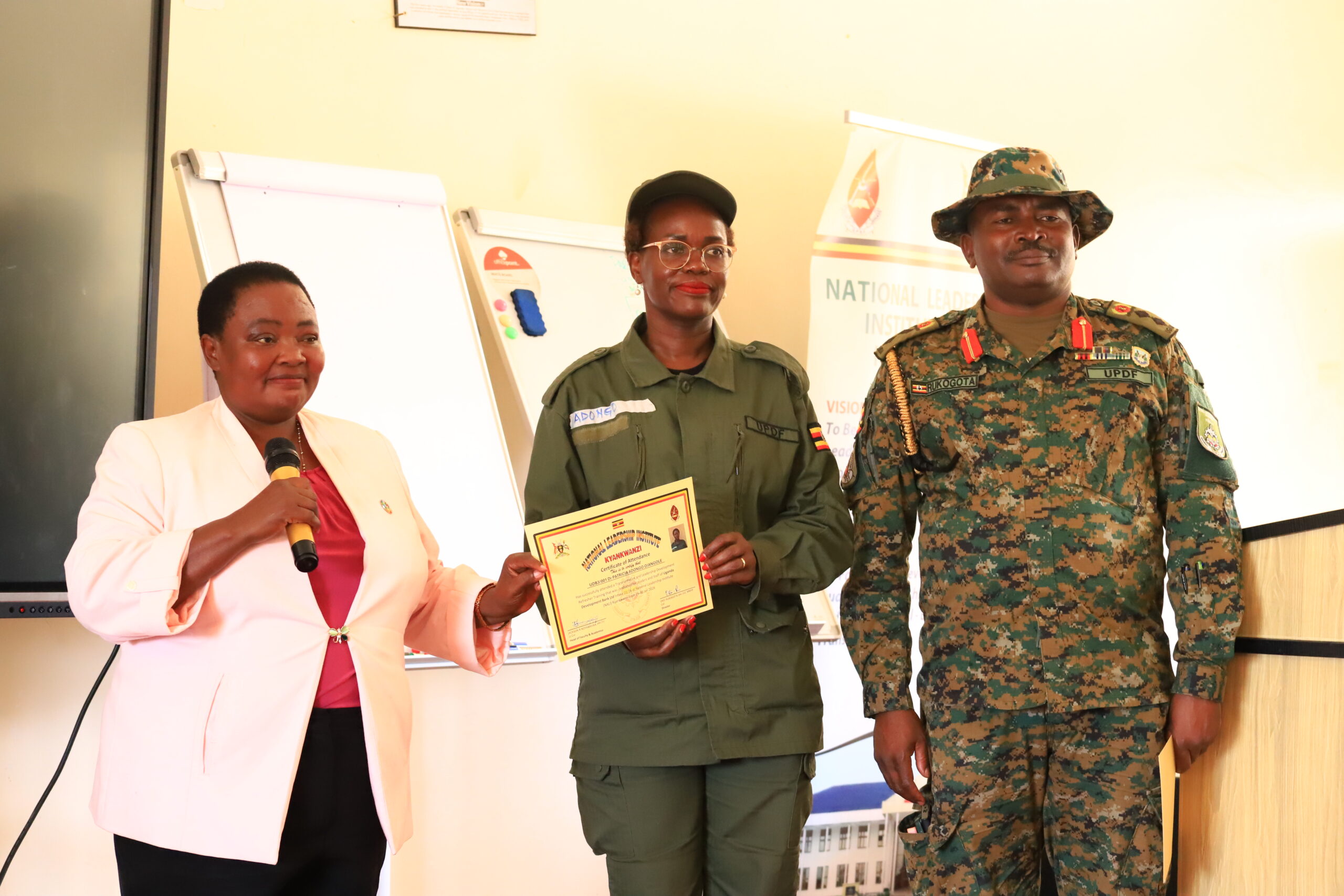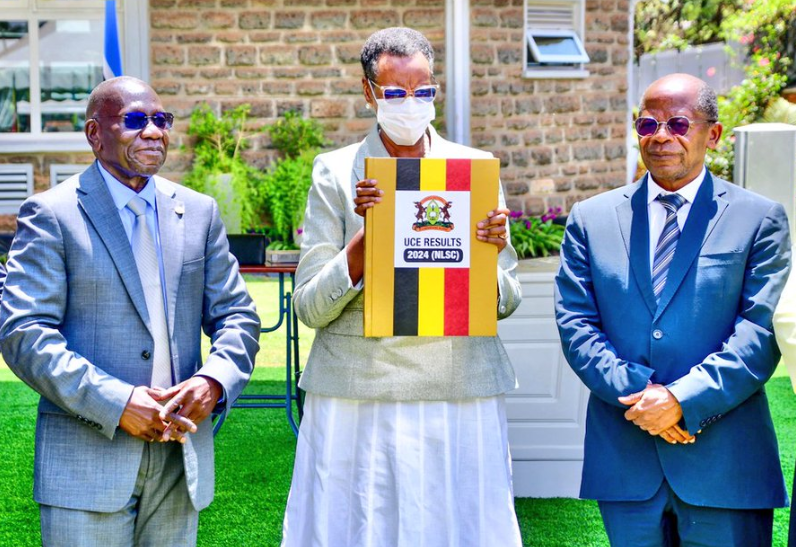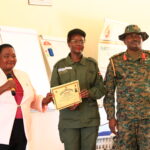In a transformative milestone, the National Identification and Registration Authority (NIRA) has officially assumed responsibility for marriage registration in Uganda—ushering in a new era of streamlined civil registration and renewed hope.
Since taking over the function in late September 2024, NIRA has already generated over UGX 734 million in Non-Tax Revenue (NTR) and achieved key milestones, including the registration of more than 1,250 civil marriages, 3,460 Christian marriages, and 256 customary marriages. Additionally, NIRA has licensed over 64 churches to conduct marriage ceremonies.
The announcement came during a formal handover ceremony in which the Government of Uganda officially transferred the marriage registration mandate from the Uganda Registration Services Bureau (URSB) to NIRA. The event, held at the Uganda Business Facilitation Centre (UBFC), was attended by officials from the Ministry of Public Service, Ministry of Justice and Constitutional Affairs, Ministry of Internal Affairs, as well as board members and leadership from both URSB and NIRA.
Mercy K. Kainobwisho, Registrar General of URSB, commended the transition, describing the government’s decision as strategic.
“It’s a good feeling. We started this journey together,” she remarked. “The government decided to transfer the marriage function to NIRA, and we fully support it.”
She also highlighted that URSB had previously overseen all civil registration functions before the enactment of the Registration of Persons Act (ROPA) in 2015, after which these responsibilities transitioned to NIRA.
With this new mandate—added to its existing roles of issuing National Identification Numbers (NINs), managing the National Identification Register, and overseeing the registration of births and deaths—NIRA is now Uganda’s central authority on identity management and civil registration.
Speaking with optimism, NIRA’s Executive Director, Rose Mary Kisembo, framed the development as a critical step forward.
“NIRA is an organization that’s growing and transcending barriers as it extends its services across the country,” she stated.
She emphasized that with enhanced infrastructure and cutting-edge technology, marriage registration will be seamlessly integrated into NIRA’s digital ecosystem—an achievement that could place Uganda at the forefront of civil registration in the region.
“From its humble beginnings as a national ID project, NIRA has blossomed into an efficient and affable organization with 119 branches and counting. With this new mandate, we are confident NIRA will soar even higher,” Kisembo affirmed.
She also extended gratitude to all key stakeholders, including URSB, the Ministry of Justice and Constitutional Affairs, the Attorney General’s Chambers, the Ministry of Public Service, and the NIRA team.
Other representatives echoed similar sentiments, commending the seamless, scandal-free transition—an example of effective governance under the Rationalization of Government Agencies and Public Expenditure (RAPEX) initiative.
NIRA’s success is credited in part to its ability to rapidly engage stakeholders and provide clear guidance to all actors involved in the marriage registration process. This approach has ensured a deeper understanding of roles and responsibilities, facilitating smooth operations and efficient data reporting.
Chairperson of the NIRA Board, Mr. Joseph N. Biribonwa, welcomed the transition with enthusiasm, emphasizing that the move completes the civil registration cycle under NIRA and strengthens the agency’s mission.
“We are committed to deploying innovative technologies, consolidating services, and ensuring the marriage registration function not only grows but excels,” he said.
The handover comes at a critical time. Globally, marriage rates are on the decline, with countries such as the U.S. reporting historic lows. In many low-income nations, inadequate civil registration further complicates efforts to obtain accurate marriage data.
Uganda, however, is making strides. According to the 2024 census, 50.6% of Ugandan adults (aged 18 and above) are formally married, with another 26.6% cohabiting—an untapped demographic that NIRA could soon integrate into formal registration systems.
With control over the entire civil registration cycle, NIRA is uniquely positioned to drive data-driven governance, enhance legal identity, and reinforce social protection measures. This marks not just a handover, but the beginning of a more inclusive and efficient era for Uganda’s vital records management.





















